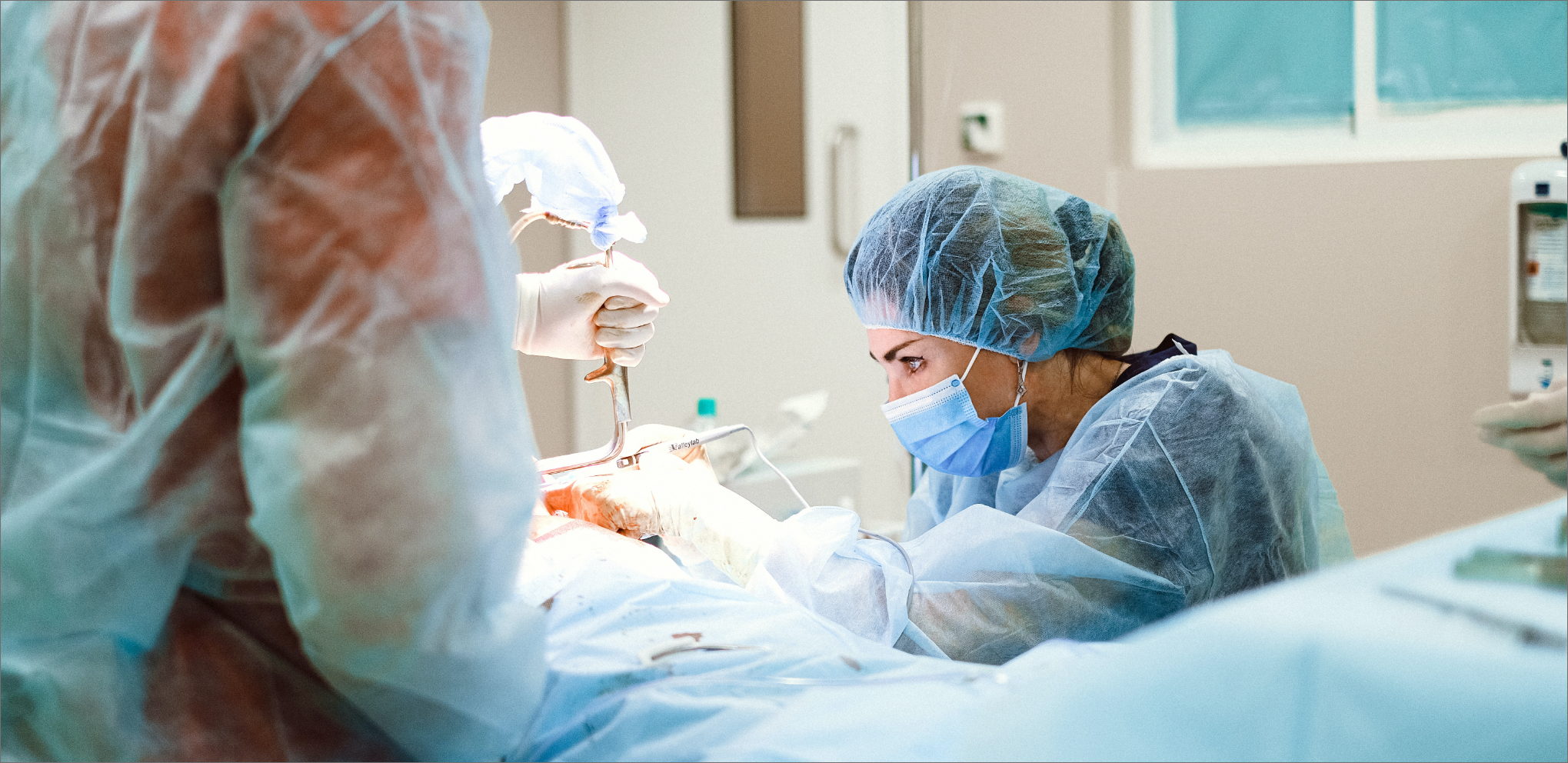According to a recent study from Massachusetts General Hospital, backlogs in surgical procedures have not yet recovered from their pre-pandemic levels, which could result in poorer health outcomes for patients waiting on treatment.
In the early days of COVID-19, many hospitals and facilities––in keeping with US government guidelines––deferred nonessential surgical procedures, in order to keep patients from exposing themselves to the virus, and to redirect resources into the more urgent need of caring for patients with COVID-19.
Despite the fact that hospitals have begun to bounce back from peak-pandemic levels of hospitalizations, surgical backlogs have not seen the same recovery. Another study of surgical subspecialty recovery since the pandemic found that neither urgent nor elective surgeries have yet seen significant recovery.
The subspecialties with the greatest declines are:
- Surgical oncology
- Cardiac surgery
- Urological surgery
- Orthopedic surgery
- General surgery
What does this decline mean for patients, and how can locum tenens help address these backlogs? Read on to find out:
What do these declines mean for patient health outcomes?
According to researchers at Massachusetts General Hospital, these slow recovery rates could have a significant negative impact on both patients and hospital facilities.
“Our study and others have also indicated that COVID-19 likely caused the deferral of millions of elective procedures nationwide, suggesting large backlogs of case volumes and more advanced disease states and poorer outcomes for patients when they finally get treated,” said Keith Lillemoe, MD, surgeon-in-chief and chief of the Department of Surgery at MGH.
“We’ve seen inconsistent recovery rates in surgical procedures across subspecialities and case classes, which could mean growing morbidity and death rates going forward, along with higher costs to hospitals and the healthcare system,” said Marc Succi, MD, senior author of the MGH study. “[It] underscores how intertwined medical service lines can be, and how much a collaborative approach is needed to achieve continuity of patient care,” Succi said.
Simply put: surgical backlogs can lead to poorer health outcomes for patients––even when they do finally get treated––and in order to solve them, we must work together.
How can locum tenens help?
Of the many factors driving these backlogs, the ongoing physician shortage plays a big role in their stagnant recovery. That’s where locum tenens can help fill the gap.
Locums plays a threefold role in addressing physician shortages:
- Redirecting physicians to where they’re most needed––this is particularly relevant for rural hospitals, where physician shortages are often harder to staff;
- Reducing burnout among providers––not only among locums providers, who often suffer from burnout at lower rates because of the temporary nature of their assignments––but also among existing staff, reducing the pressure on them (and hopefully minimizing turnover) by providing necessary backup.
- Providing temporary support to meet the temporary surge in volume, ensuring that hospitals are adequately staffed to address it without the financial commitment of hiring additional full-time providers.
Locum tenens can help bridge the gap for facilities who urgently need to address these patient backlogs, without requiring them to take on the additional burden of recruitment.
The consequences of high levels of surgical backlogs can be scary for everyone: facilities, providers, and patients. But locum tenens can help you address these backlogs as quickly as possible––ensuring your patients are in the best possible hands, and helping your existing staff shoulder the increased burden of patient care.



